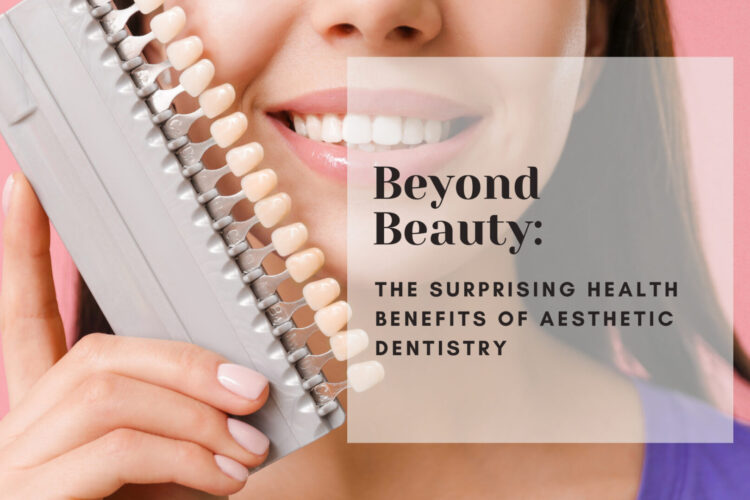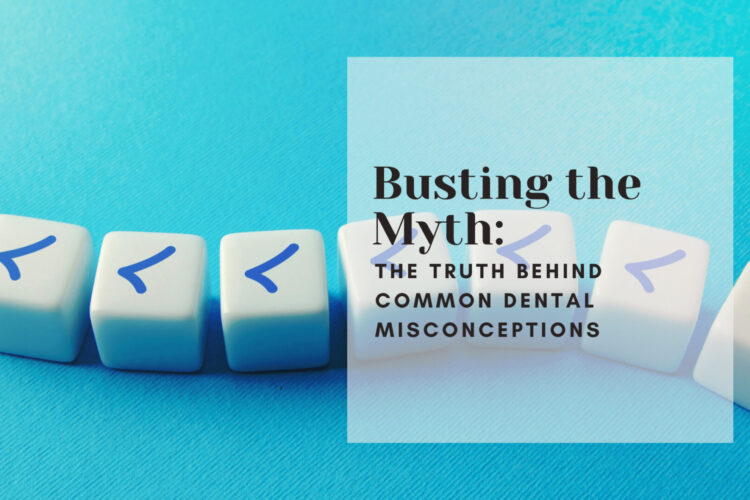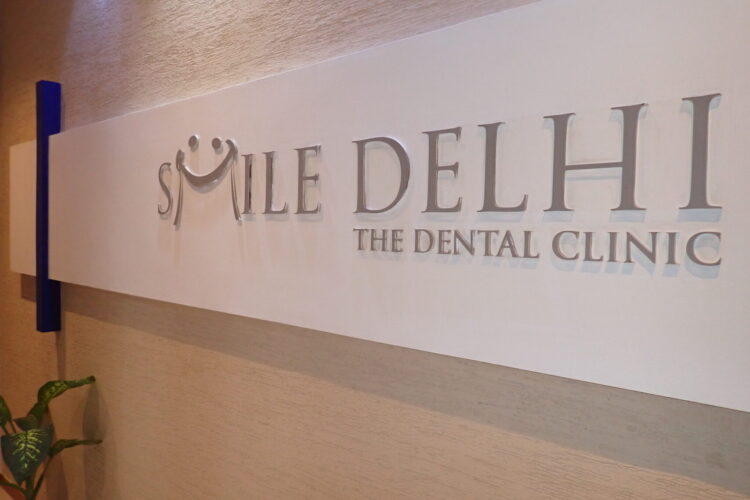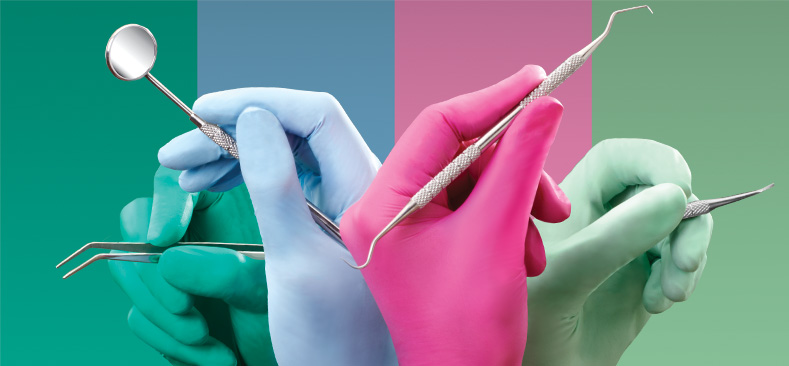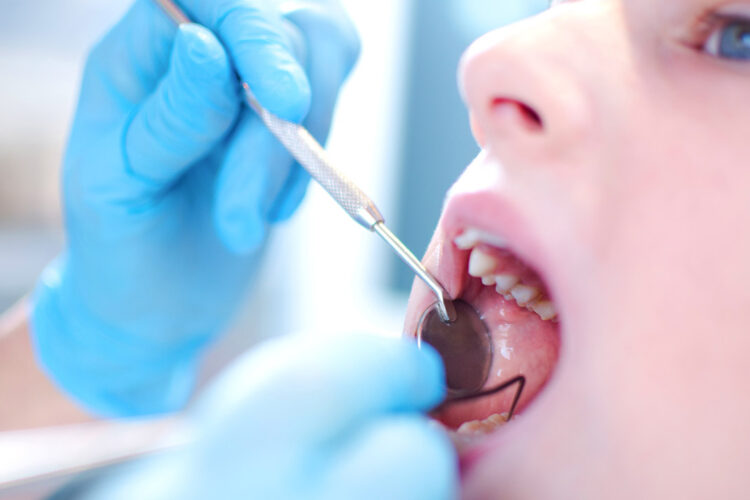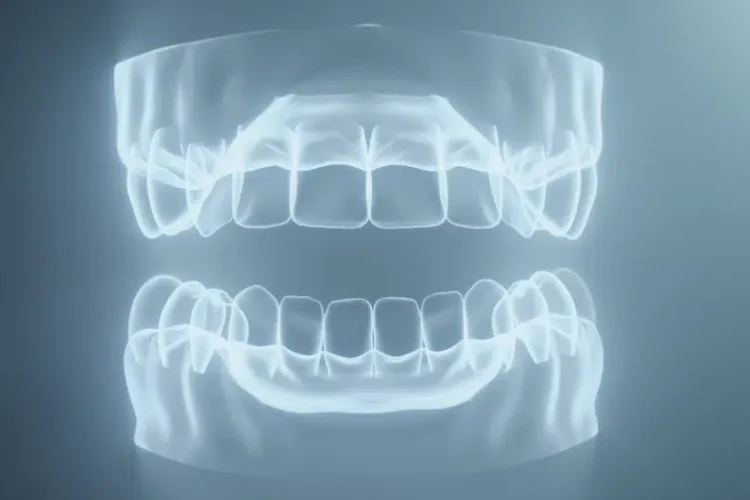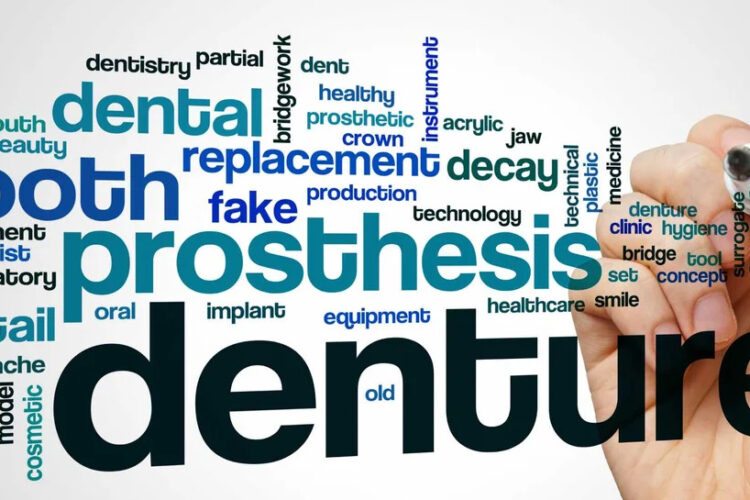Are you tired of hiding your smile due to missing teeth? Are you struggling with discomfort while eating or speaking? The best dental implants in Delhi or wherever you are could be the transformative solution you've been seeking. In this comprehensive guide, we'll delve into the remarkable benefits and life-changing effects of dental implants. Understanding Dental Implants Dental implants are artificial tooth roots made of biocompatible materials such as titanium. Surgically implanted into the jawbone, they provide a stable foundation for missing teeth. Unlike traditional dentures or bridges, implants offer a permanent solution that closely mimics the look, feel and function of natural teeth. Our team of specialists at ‘Smile Delhi,’ have helped hundreds of people with missing teeth reclaim their confidence and esteem.
Maintaining optimal oral health is a key component of overall well-being. At the best dental clinic in Delhi or wherever you are, we at ‘Smile Delhi,’ are dedicated to providing comprehensive care for every member of your family. From the youngest smiles to the most experienced ones, our team of specialists is committed to ensuring a lifetime of healthy teeth and gums. ‘Smile Delhi,’ is not just a practice for family wellness; it's a commitment for nurturing healthy smiles across generations. As we delve into the diverse age groups within a family, from the youngest to the most seasoned members, it becomes evident that tailored dental care is essential for optimal oral health. In this blog, we'll explore the nuances of family dental wellness, emphasizing the importance of proactive care and preventive measures.
In recent years, aesthetic dentistry has gained popularity not only for its ability to enhance smiles but also for its unexpected health benefits. Beyond the pursuit of a perfect smile, these cosmetic procedures can contribute to overall oral health and well-being. Let’s dive into the world of aesthetic dentistry. When we think about aesthetic dentistry, the first thing that often comes to our mind is a dazzling, million dollar Hollywood smile. However, what many may not realize is that the benefits of aesthetic dentistry extend far beyond cosmetic enhancements. In this blog, we will explore the remarkable health advantages of aesthetic dentistry in our life. The best dentists in Delhi or wherever you are have been counseling patients as to how cosmetic dental treatment contributes to functional integrity of the teeth. Irregularity in teeth create uneven spaces...
Introduction In the realm of oral health, myths and misconceptions often abound, leading individuals down paths that may not be in the best interest of their dental well-being. This blog aims to unravel some of the most prevalent dental myths, providing clarity and guidance for a healthier smile. Myth 1: Scaling Weakens Your Teeth and Makes them Loose With the onset of gum disease, the gaps between the teeth are filled with plaque and tartar. When these elements are removed from the teeth, one feels the teeth weaken and lose. Scaling does not weaken the teeth as they are already made weak by the deposit of elements like calculus and plaque. The best dental clinic in South Delhi or wherever you are restores the strength and integrity of the teeth by providing a deep professional scaling of the gum and teeth, cleaning the underlying deposits and making the gums healthier.
Welcome to ‘Smile Delhi - The Dental Clinic,’ your go-to resource for achieving and maintaining a radiant and healthy smile. At ‘Smile Delhi,’ we believe that a beautiful smile goes beyond aesthetics; it's a reflection of the overall well-being. In this comprehensive guide, we'll explore various aspects of oral health, share expert tips and delve into the latest advancements in dentistry. Let's embark on a journey to discover the secrets of a dazzling smile! The Foundation of a Healthy Smile Your oral health journey begins with understanding the fundamentals. Regular dental check-ups, proper brushing and flossing techniques with a balanced diet are the cornerstones of a healthy smile. At Smile Delhi, the best dentist in Delhi emphasizes preventive care to keep your teeth and gums in optimal condition. Through routine examinations and cleanings...
Dental health is an integral component of overall well-being and one of the key factors that determine the quality of dental care. The hygiene protocols followed by the best dental clinics in India determine the quality of it. Maintaining optimal dental hygiene is crucial for overall health and choosing the best dentist in Delhi or wherever you are, is a key factor in achieving this goal. In India, several dental clinics stand out for their commitment to hygiene protocols, providing patients with top-notch care. In this blog post, we will embark on a journey through the meticulous hygiene practices adopted by the best dental clinics in Delhi, understanding how these protocols contribute to a safe and clean environment for both practitioners and patients. Sterilization Excellence: The Backbone of Hygiene At the core of dental hygiene protocols lies...
A healthy smile is not only a reflection of good oral hygiene but also a key contributor to overall well-being. However, tooth decay can cast a shadow on that bright smile, causing discomfort and affecting one's quality of life. Fortunately, advancements in dentistry have paved the way for a variety of effective treatment options to combat tooth decay. In this blog, we will explore some of the best treatment options available for tooth decay, ranging from preventive measures to restorative procedures. Prevention is the Best Medicine. The age-old adage holds true when it comes to tooth decay – prevention is indeed the best medicine. Regular dental check-ups at the best dental clinic in Delhi, daily brushing, flossing and a balanced diet are crucial in preventing tooth decay. Best dentists in Delhi recommend brushing your teeth at least twice a day with fluoride toothpaste...
Introduction In the realm of modern dentistry, diagnostic tools have become indispensable for providing comprehensive and accurate patient care. Among these tools, dental X-rays stand out as a crucial element in the diagnostic arsenal. As technology continues to advance, so does the efficacy of dental X-rays in identifying and addressing oral health issues. This blog aims to shed light on the importance of dental X-rays, their types and how they play a pivotal role in enhancing the overall dental diagnostic process. The Evolution of Dental X-rays Dental X-rays, also known as radiographs, have a rich history that dates back to the late 19th century when the German physicist Wilhelm Roentgen discovered X-rays. Since then, dental X-rays have undergone significant advancements, evolving into an indispensable tool for dentists worldwide.
A trip to the best dentist in Delhi often brings a mix of emotions ranging from mild apprehension to outright anxiety for many individuals. While the dental office may not be everyone's favourite place, understanding the language of dentistry can play a crucial role in making dental visits more comfortable. Understanding these dental terms is not just about becoming a vocabulary expert but about taking charge of your oral health. It's like being given a map to navigate through your dental visits more confidently, fostering better communication between patients and dental professionals.The Importance of Dental Literacy Breaking the Dental Jargon Dental professionals at the best dental clinics in Delhi, often use specialized terminology that can sound like a foreign language to patients. Understanding common terms such as ‘caries’ for tooth...
A person’s grin is the most appealing feature on their face. It has the power to instantaneously improve the mood of others around them. A lovely grin, on the other hand, isn’t only about excellent looks; it also shows that you’re in good health. It is crucial to maintain regular oral hygiene in order to keep your smile bright and healthy. Since a healthy mouth is necessary for overall well-being, in this post we will examine many ways in which we can improve your smile through a customized treatment plan. Here at ‘Smile Delhi- The Dental Clinic, we can help you offer a customized treatment plan to attain a healthier and more beautiful smile through full mouth rehabilitation. Full mouth rehabilitation is a customized treatment plan that is tailored to address your unique dental needs. Some of the common dental problems that can be treated with full mouth rehabilitation....




